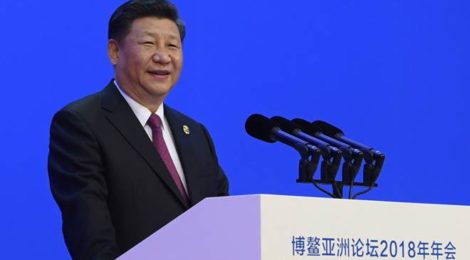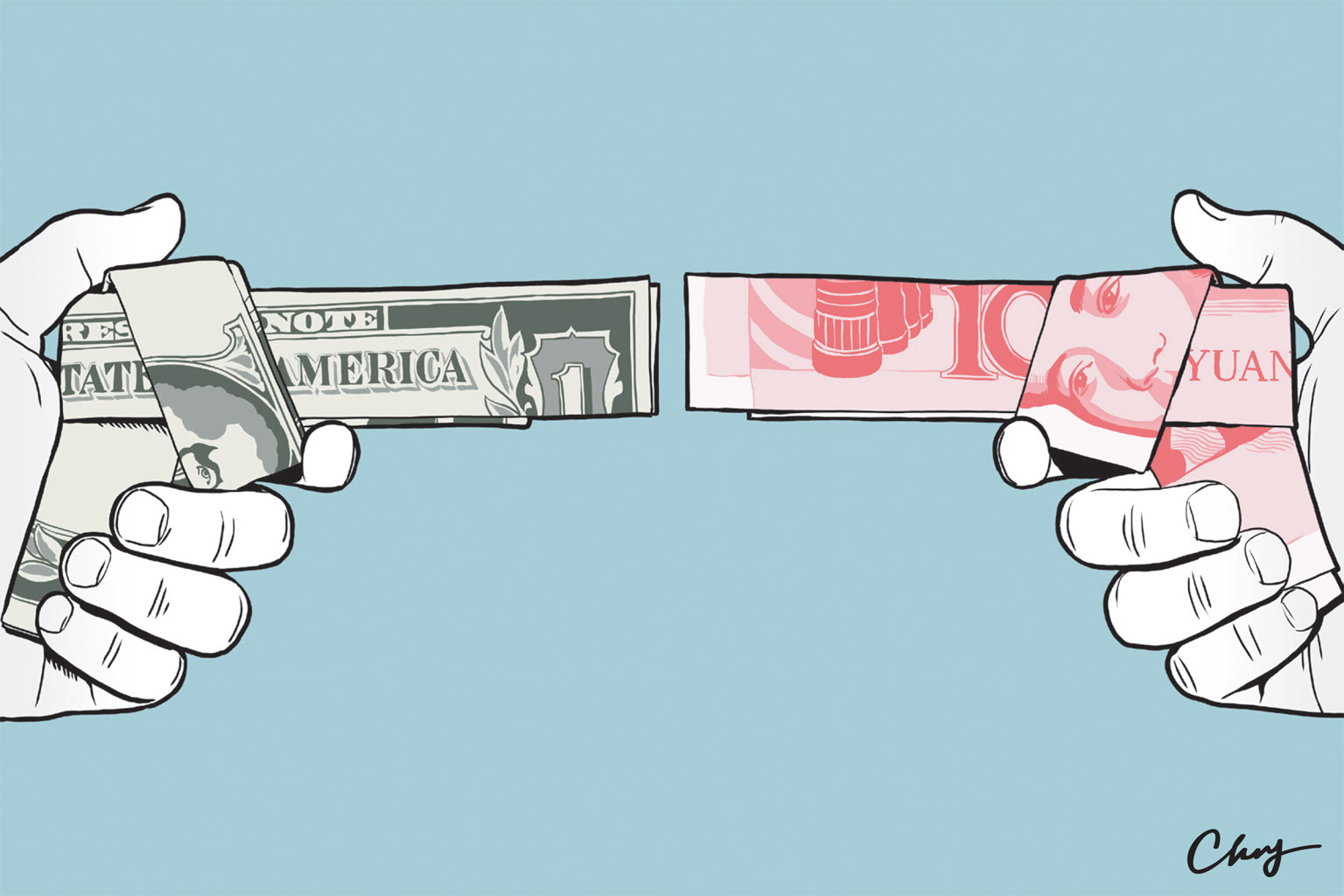
Boao Forum for Asia – The China View
During a speech to the Boao Forum for Asia (BFA) on Tuesday, President Xi Jinping committed to further opening up China’s markets as he sought to portray the country as a leading defender of globalization. The speech was delivered against a backdrop of rising trade tensions with the United States, and it was widely hoped that his remarks would help to calm tensions.
The Boao Forum for Asia is a non-profit organization that hosts high-level forums for leaders from government, business and academia in Asia and other continents to share their vision on the most pressing issues in this dynamic region and the world at large.
The overall message was similar to that of Xi’s 2017 speech in Davos, positioning China as a responsible stakeholder that is a leading guarantor of the global trading and multilateral governance systems and a key engine of global growth. There was some emphasis on the idea of Asia for Asians, which is unsurprising both because that concept is part of the CCP’s diplomatic vision and this is the Boao Forum for Asia.
Xi made no direct reference to US President Donald Trump in his address but invoked various Chinese saying and metaphors to deliver a strong defence of China’s economic openness and commitment to further reforms.
Xi launched a “new phase of opening up,” making broad commitments to further liberalize China’s economy such as by broadening market access, easing restrictions on foreign firms, lowering import tariffs, and creating a more attractive investment environment. Xi ensured that major reforms would be implemented, including earlier promises to open up China’s insurance and financial sectors. China will reform its motor industry to allow foreign car makers to have wholly owned factories in China. This would be good news for companies such as Tesla. Last fall, the US company reportedly reached a deal with the Shanghai government to set up its own factory in the city’s foreign-trade zone, a departure from the practice requiring foreign companies to form joint domestic ventures.
Concerning the trade war with the United States, Xi stressed the need for all countries to embrace globalization and multilateralism. The Trump administration has railed against China’s intellectual property “theft,” restriction on market access, and the growing trade imbalance. At the same time, Xi hit back at the tariffs Washington has threatened to impose on US$150 billion worth of Chinese products. Many of the imports targeted have benefited from Beijing’s “Made in China 2025” strategy. “We hope developed countries will stop imposing restrictions on the normal and reasonable trade of hi-tech products and relax export controls on such trade with China,” Xi said.

One of Xi’s major commitments was to bolster intellectual property protections – for foreign and domestic firms. US and Europeans business operating in China have long complained about lax intellectual property protections as well as forced technology transfers.
The main theme in Xi’s speech was the benefits of China’s economic reforms over the past 40 years and a commitment to continue along the path of greater openness. “China will stay as determined as ever to build world peace and to contribute to world stability and uphold the international order.” Xi also countered criticism about the intentions behind the Belt and Road Initiative, insisting that China has “no geopolitical calculations, seeks no exclusionary blocks, and imposes no business deals on others.” He concluded his speech with a call for all countries to jointly “dedicate ourselves to openness and win-win outcomes to achieve a better tomorrow for Asia and the world.”




